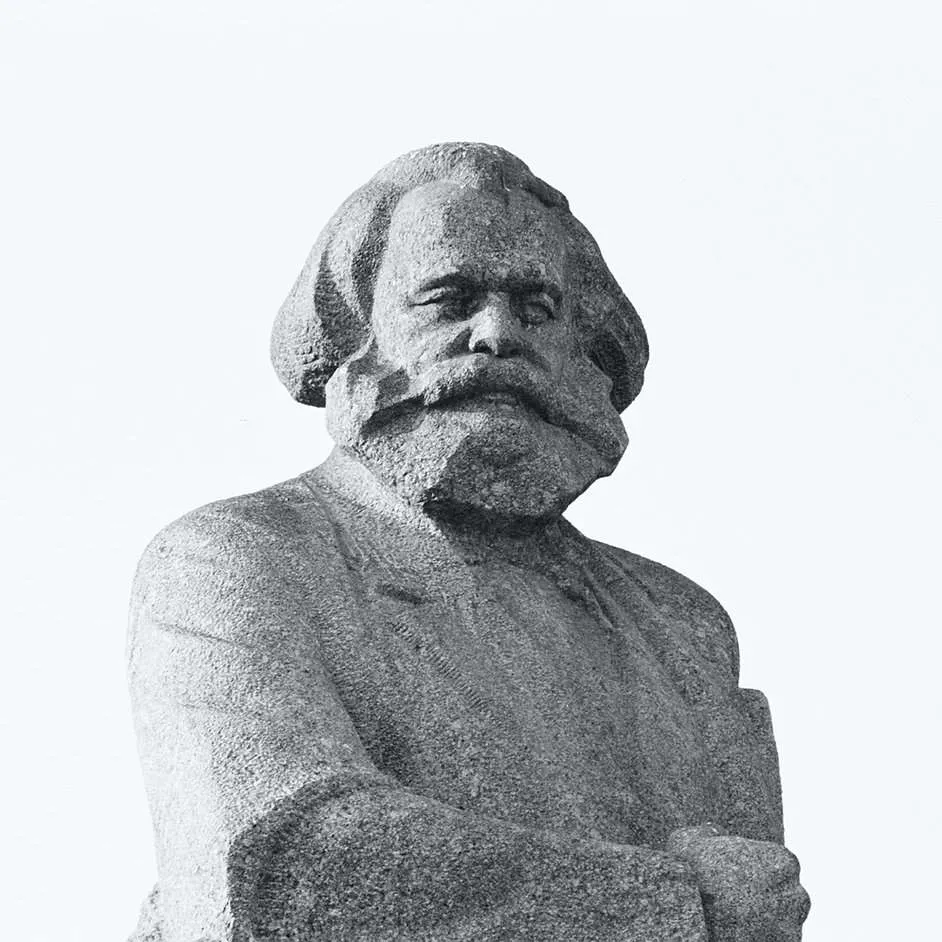Editorial Note:
This article about social change is being published on behalf of Applied Worldwide’s student essay competition. Students were prompted to respond to the question, “Why is sociology important?” We have awarded 16 finalists from all over the world, and we published these essays over the course of a few months.
This essay was written by James Mair from Marple Sixth Form College in the UK. This essay received a second place award. We had a really great turnout and would like to thank everyone who submitted an essay. We received a wide variety of creative interpretations and responses, so browse our essay directory!
James Mair on Social Change in Sociology
‘’Philosophers have hitherto only interpreted the world in various ways; the point is to change it.’’
Karl Marx, Theses on Feuerbach, published in 1888
Although he referred to the field of philosophy in his critique of Ludwig Feuerbach, Karl Marx spoke for a much broader branch of science in his call for revolutionary change; social analysis, or as it commonly known, sociology. Whilst the seemingly mundane realities of western modernity do not particularly lend themselves to any kind of revolutionary science of change, fields of sociological analysis extend far beyond the borders of the United States or United Kingdom.
This is a truth that seems to have been lost in the purely academic appropriations of Marxist, feminist or even functionalist theory. At root, the observation of society and the process of social theorisation are political exercises. Whether a study reveals the injustices of bourgeois schooling, or the patriarchal domination of the nuclear family, all conclusions drawn are based on a desire to either challenge the status quo or defend existing traditions.
Academics who espouse Marxist, feminist, functionalists, New Right, and even post-modernist points of view cannot shy away from the fact that they are engaging in explicitly political acts.
The Political Origins of Sociological Discourse
Many consider Karl Marx to be the founding father of sociology. It seems vanishingly improbable that anyone of any ilk would deny the political foundations that underlay his thinking on issues of economy and society. Emile Durkheim similarly advocated for a recognition of the common interests of collective groups, although he spurned the class conflict and revolutionary change envisioned by Marx and Friedrich Engels, preferring to focus on the shared values of the working class and bourgeoisie.
Several sociological trends flow forth from the competing worldviews of Marxism and functionalism; the former ideology contributed to dozens of revolutionary upheavals during the 20th Century, and still holds an important place in the movements for radical social change that have taken hold in both First World and Third World countries.
Max Weber in Sociology
Alongside Marx and Durkheim, Craig Calhoun has highlighted Max Weber and W.E.B Du Bois as key figures in the creation of a sociological science. Whilst Weber is best known for his work on the religious aspects of capitalist development (The Protestant Ethic and the Spirit of Capitalism), his political critiques of bourgeois society are somewhat under analysed, perhaps due to his lack of focus on revolutionary class struggles.
Yet, conventional interpretations are once again plagued by a failure to recognise the explicit connotations of social analysis, and how particular concepts are actually operationalised; indeed, he denounces the idea that mentalities of capitalist accumulation could only have been produced by the Reformation as ‘‘foolish and doctrinaire’’, instead focussing on the role of Calvinist rationality in the consolidation and organisational methodologies of capitalist life.
His misguided attempt to unite social-democrats and liberals prior to the First World War shows a pronounced desire for political opposition to the status quo.
W.E.B. Du Bois and Social Change
In contrast W.E.B Du Bois’ politics are well remembered. His work on the racialised social structures of the United States is a classic example of the role that sociology plays in connecting the lessons of historical experience in to modern contexts and crafting political strategies around that analysis.
Black Reconstruction, for example, was a seminal study of the immediate revolutionary consequences of the American Civil War and the relevancies that the lessons of Reconstruction held for 20th Century African-American struggles. Such a political exploration of social history is reflective of the broader approaches and political ideologies that have shaped, and look to continually shape, the fabric of the world that we live in.
Conservatism, Reformism and Revolution: Competing applications of sociology in the today’s world
The liberal feminism that is popular today is a more modern phenomenon than Marxism or functionalism, but it has had a momentous impact during its short existence. Studies from people such as Ann Oakley have laid the scientific basis for advances in educational attainment, integration in to the employment sector, and the rise of female politicians across the left wing-right wing spectrum.
Nevertheless, feminism itself is much older than this; there were widespread calls for gender equality across several momentous historical periods, such as the English and American Civil Wars (the former of which took place in the 17th Century) and various anti-slavery drives throughout the Eighteenth and Nineteenth Centuries.
The fact that true moves towards an equitable gender position have only recently come in to fashion suggests that it was the rise of a feminist sociological tradition, and subsequent construction of community solidarities in instances such as the Dagenham Ford sewing machinists strike of 1968 that led to a softening in patriarchal norms. Similarly today, it is radical feminist traditions that rail against the nuclear family and call for further opposition to the patriarchy.
Feminism and Politics of Social Change
Of course, the political manifestations of feminism are based on the unity of women workers and housewives on a superstructural level, but the basis on which movements can take hold entails, at very least, an invocation of the sociological traditions of Oakley, Pankhurst, Fawcett, Engels, Du Bois and others. Moving aside from the euro-centricities that characterise much sociological discussion, we can also see the immense impact of ideologies such as Marxism on welfare state formation.
There is an argument that, combined with the threat of domestic unrest, the foundation of institutions like the National Health Service of the United Kingdom was borne out of fear, fear of the incandescent unrest in the global peripheries (Africa, Asia, Latin America etc.) following the Second World War. Social movements in one part of the globe have the potential to immensely change conditions in another, if there is a firm sociological grounding that is present.
Structural Functionalism in Contemporary Sociology
But it is important to remember that not all sociological traditions can be considered ‘progressive’. Today, functionalists and the New Right generally despise the increasing state intervention and spurning of tradition that has driven many social movements. These approaches, too, have a pronounced political impact; the policies associated with neoliberal ideology have taken inspiration from the theories of the New Right, sharing the taste for traditional values held by functionalists.
Historical processes are entirely determined by the social context in which they take place, and, regardless of whether we are moving forwards or backwards, the analysis of such processes is integral to their continuity. Post-modernist perspectives cannot be categorised in to neat boxes, but there is undeniably a political undertone present; there are parallels between liberal feminism and the theories of Judith Stacey, and many political radicals in Marxist and feminist traditions have been drawn to theories of post-modernism.
Conclusions
Ultimately, the significance of sociological discourse lies in its political content. Today, it is often seen as a mundane academic discipline that has little import beyond the fantasy lands of professors and pseudo-intellectuals. But this is demonstrably untrue; social movements are the driving forces of history, and are reliant on social theory to direct their actions towards a quantifiable goal. The leader of the Russian Bolsheviks, Vladimir Lenin, perhaps summed it best when he said; ‘’Without revolutionary theory, there can be no revolutionary movement.’’







